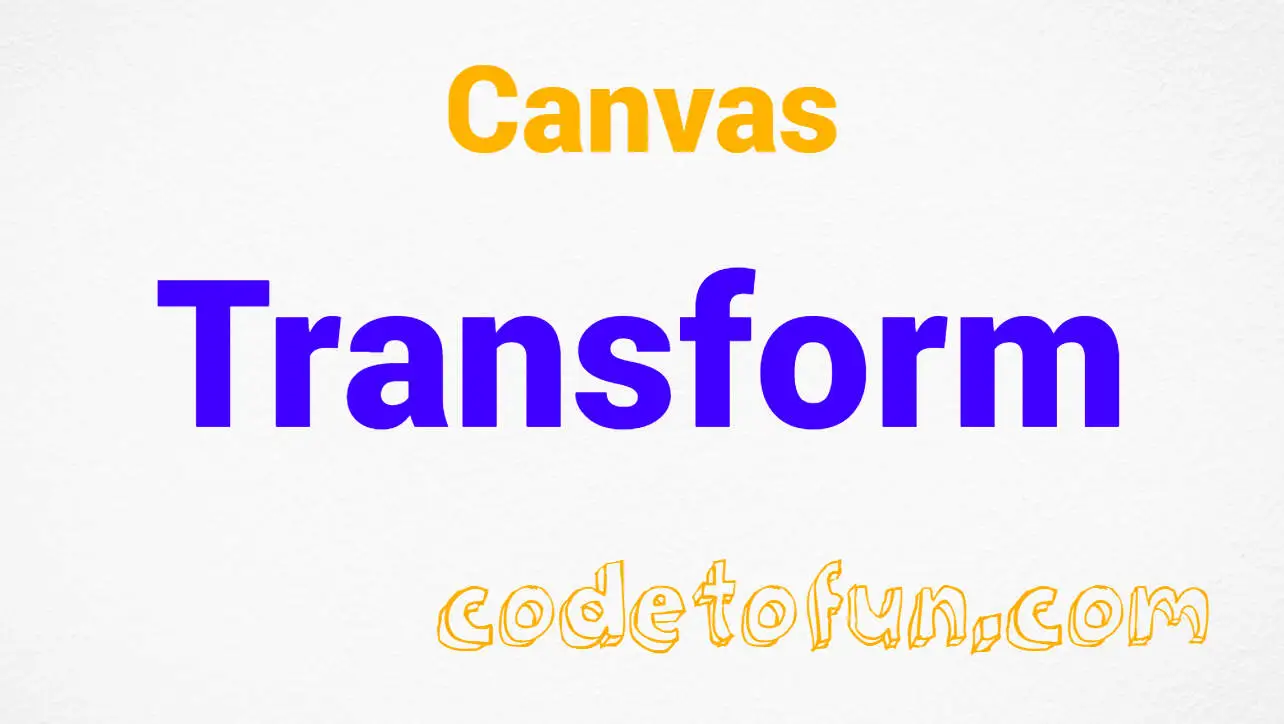
MongoDB Aggregation
MongoDB $toLower Operator

Photo Credit to CodeToFun
🙋 Introduction
In MongoDB's aggregation framework, the $toLower operator proves to be an essential tool for transforming text data by converting it to lowercase. This operator facilitates various text-processing tasks and enhances the flexibility of data manipulation within aggregation pipelines.
Let's delve into the details of how the $toLower operator can be effectively utilized within MongoDB's aggregation framework.
💡 Syntax
The syntax for the $toLower method is straightforward:
{ $toLower: <expression> }- $toLower: This operator indicates that the subsequent operation will convert text to lowercase.
- <expression>: This represents the text expression or field whose value will be converted to lowercase.
📝 Example
⌨️ Input
Consider a collection named users containing documents with fields name representing usernames. Here are sample documents from the users collection:
[
{ "_id": ObjectId("609c26812e9274a86871bc6a"), "name": "John Doe" },
{ "_id": ObjectId("609c26812e9274a86871bc6b"), "name": "Alice Smith" },
{ "_id": ObjectId("609c26812e9274a86871bc6c"), "name": "Bob Johnson" }
]🔄 Aggregation
Suppose we want to retrieve the usernames in lowercase for consistency. Here's how you can achieve this using the $toLower operator:
db.users.aggregate([
{
$project: {
lowercaseName: { $toLower: "$name" }
}
}
])🧩 Explanation
- $project: This stage reshapes documents by including or excluding fields.
- $toLower: Converts the value of the name field to lowercase.
When discussing how the above aggregation works:
- The name fields from each document are converted to lowercase.
- These lowercase versions are stored in a new field called lowercaseName.
- The _id fields remain unchanged in the output documents.
💻 Output
Now, let's take a look at the output generated by the aggregation pipeline:
{ "_id": ObjectId("609c26812e9274a86871bc6a"), "lowercaseName": "john doe" }
{ "_id": ObjectId("609c26812e9274a86871bc6b"), "lowercaseName": "alice smith" }
{ "_id": ObjectId("609c26812e9274a86871bc6c"), "lowercaseName": "bob johnson" }📚 Use Cases
Data Normalization:
The
$toLoweroperator helps in standardizing text data by converting it to lowercase, ensuring consistency across documents.Text Searching:
Lowercasing text fields enhances search functionalities as it makes searches case-insensitive.
Data Presentation:
Lowercasing can be useful for displaying text data uniformly in user interfaces or reports.
🎉 Conclusion
The $toLower operator in MongoDB's aggregation framework provides a convenient and efficient way to transform text data into lowercase. Whether you're normalizing data, enhancing search capabilities, or improving data presentation, mastering the usage of $toLower allows for more flexible and consistent text processing within MongoDB aggregation pipelines.
With its simple syntax and versatile applications, the $toLower operator proves to be a valuable asset for text manipulation tasks within MongoDB. Incorporate it into your aggregation pipelines to streamline text processing and improve the quality and consistency of your data.
👨💻 Join our Community:
Author

For over eight years, I worked as a full-stack web developer. Now, I have chosen my profession as a full-time blogger at codetofun.com.
Buy me a coffee to make codetofun.com free for everyone.
Buy me a Coffee










